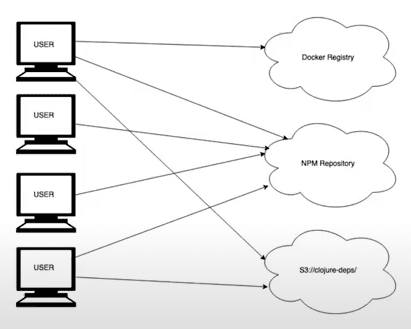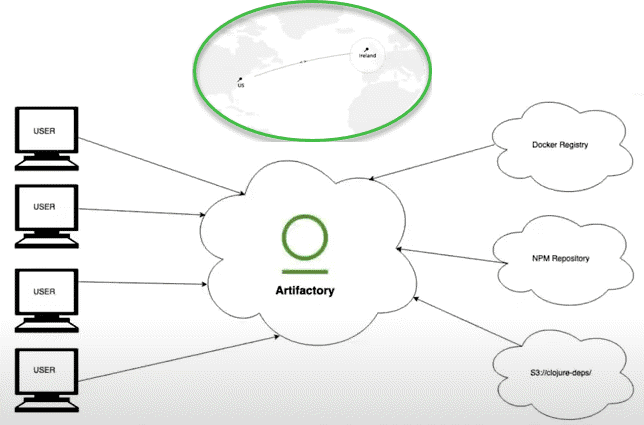SwampUP Leap: AppsFlyer Transforms Its Artifact Management with Artifactory’s Single Source of Truth
At swampUP 2020, DevOps platform engineer Roman Roberman spoke about AppsFlyer’s need to gain control and automate their development environment.
AppsFlyer’s mobile app Attribution Analytics platform helps marketers measure and optimize their user acquisition funnel. Headquartered in San Francisco, AppsFlyer operates 18 global offices, and its platform is integrated with over 2,000 ad networks, including Yahoo, Google, and Bing.
AppsFlyer’s Operations
Prior to JFrog Artifactory, AppsFlyer’s projects were what Roberman called “a real mess” using a mix of internal and external repositories:
- Internal Docker registry
- Maven repository in an S3 bucket
- Public npm repositories
- No pip repository for Python
- Custom generic repositories – usually S3 buckets
As a result of this collection of solutions, AppsFlyer encountered issues such as unavailable external sources, and failing builds due to deleted dependencies. Configuring unique repositories for each project cost valuable development time. With so many independent account systems, credentials were hard to track, so all users tended to have the same overly generous permissions. And of course it was difficult to track where the artifacts were located and pulled from.
Accelerating Software Releases With Best Practices
Needing to improve the speed and reliability of their deployments as well as wanting a single location to access all their artifacts, AppsFlyer chose Artifactory as their single source of truth to manage their binaries. Artifactory accelerates AppsFlyer’s software deployments and improves the stability and reliability of their software releases.
As a JFrog Enterprise subscriber, AppsFlyer uses JFrog Mission Control to manage their main production cluster in Europe and automatically replicates all repositories to their U.S. cluster. They utilize Artifactory’s three repository types to manage their artifacts:
- Local repository – physically locally managed repositories
- Virtual repository – local, remote, and other virtual repositories accessed through a single URL
- Remote repository – proxy to repositories located on a remote server
With Artifactory in place, AppsFlyer was able to resolve all of their issues and are in control of their artifact management and development processes.
Learn More About Managing Artifacts in a Distributed Landscape
To learn more about AppsFlyer’s development process before and after installing Artifactory, watch the video.







